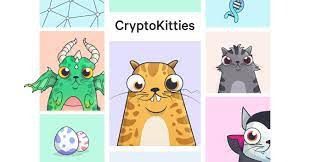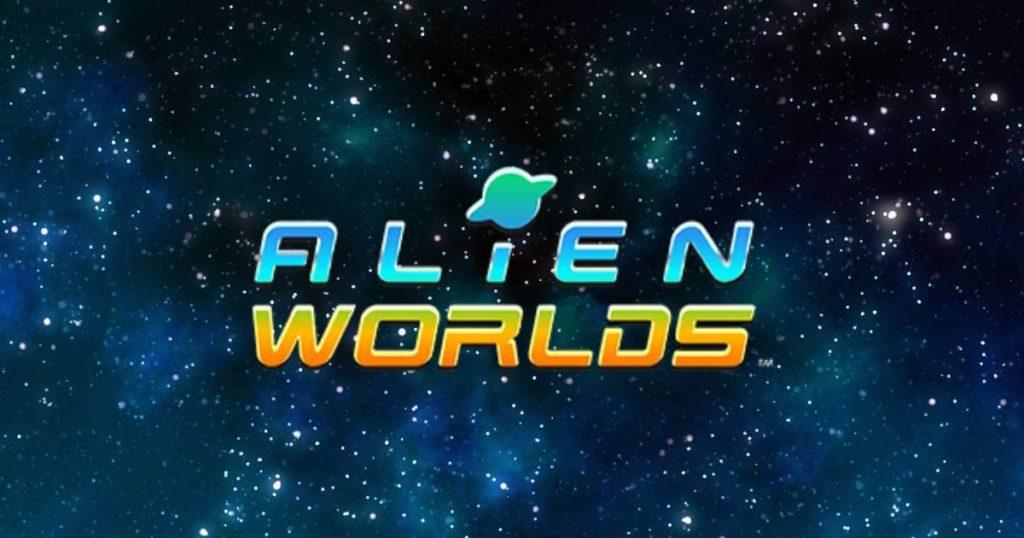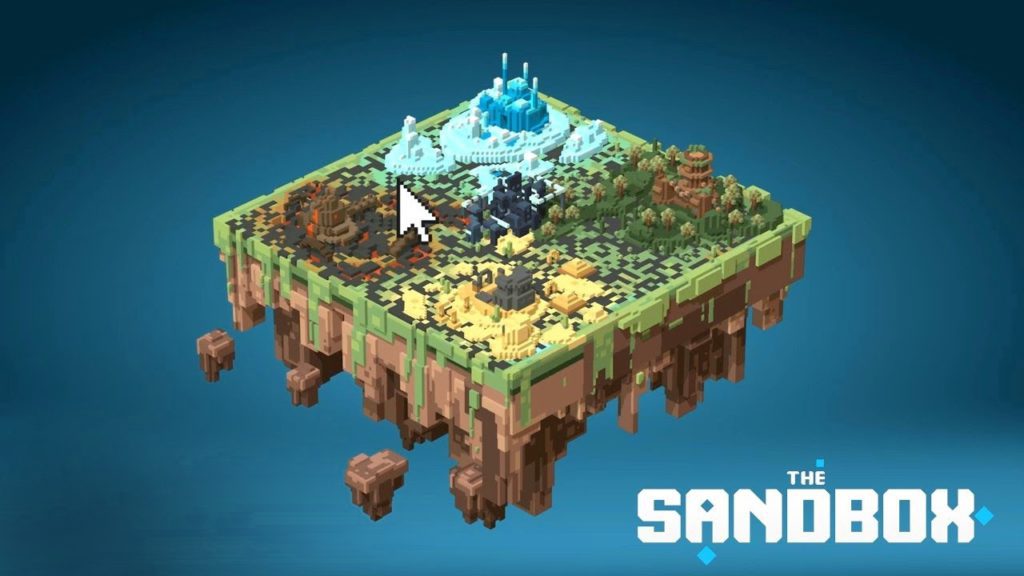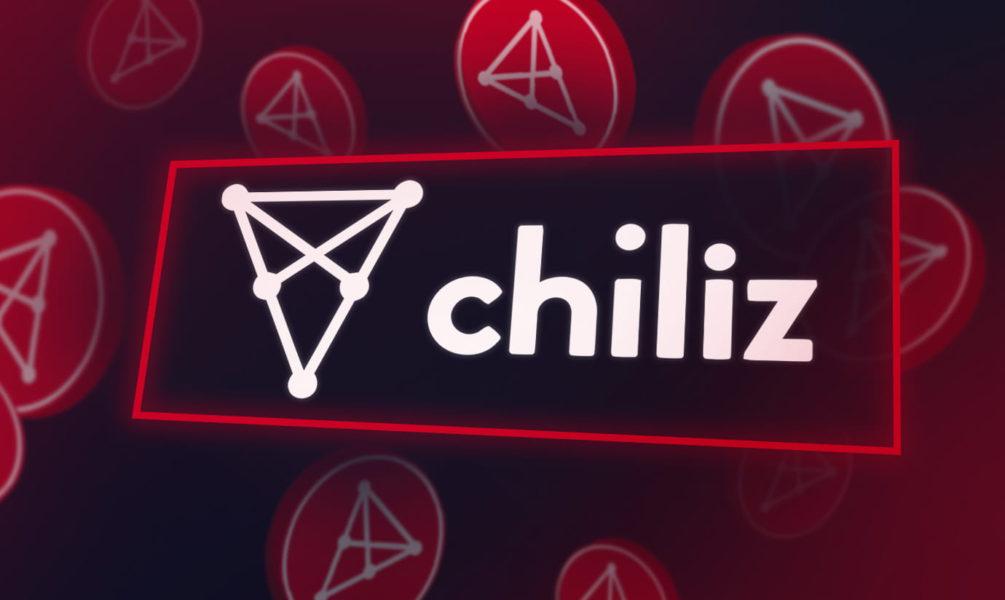The intersection of Metaverse gaming and cryptocurrency has become a focal point in the tech world, where virtual and financial realms converge. As the Metaverse evolves, gaming within this digital universe is not just about immersive experiences but also about redefining economies through blockchain and crypto assets. This article explores the intricate relationship between Metaverse gaming and cryptocurrency, delving into how virtual environments are reshaping the landscape of digital economies.
In the Metaverse, gamers can buy, sell, and trade virtual assets using cryptocurrencies. Blockchain technology ensures transparent and secure transactions, enabling ownership of in-game items as non-fungible tokens (NFTs). This shift to tokenization has profound implications for the gaming industry, empowering players with true ownership and the ability to monetize their virtual investments.
Cryptocurrencies also serve as the native currencies within certain Metaverse ecosystems. Games within the Metaverse often have their own digital currencies, which players can earn through achievements or purchase with external cryptocurrencies. These in-game tokens can then be utilized for virtual goods, services, or even traded on external crypto exchanges.
Moreover, the Metaverse provides a decentralized platform for building and deploying games, fostering a new era of independent game developers. Cryptocurrencies facilitate crowdfunding through Initial Coin Offerings (ICOs) or token sales, allowing developers to raise funds directly from the community. This democratization of funding reshapes the gaming industry, reducing the reliance on traditional publishers.
Smart contracts, a key feature of blockchain technology, play a pivotal role in Metaverse gaming. These self-executing contracts automate various processes within games, such as facilitating trades, enforcing rules, and even distributing rewards. Smart contracts ensure transparency, fairness, and trust among players, creating a more equitable gaming environment.
However, challenges arise as the Metaverse and cryptocurrency intertwine. Issues like scalability, interoperability, and regulatory uncertainties pose hurdles to the seamless integration of these technologies. As the Metaverse expands, finding solutions to these challenges becomes imperative for sustained growth and adoption.
Also, read – Why And How Metaverse Affects The World Of Cryptocurrency
Top 10 ways cryptocurrency is changing the way we look at Metaverse gaming
- True Ownership of Virtual Assets: Cryptocurrencies, especially in the form of non-fungible tokens (NFTs), grant players true ownership of in-game assets. This means that virtual items, characters, and even land in the Metaverse can be owned, bought, and sold securely on blockchain platforms, creating a genuine sense of ownership and rarity.
- Tokenization of In-Game Economies: The integration of cryptocurrencies enables the creation of native in-game currencies as tokens on blockchain networks. Players can earn, purchase, and trade these tokens, providing a decentralized and transparent way to manage in-game economies. This not only enhances the gaming experience but also introduces real-world value to virtual assets.
- Decentralized Funding and Crowdfunding: Cryptocurrencies facilitate decentralized funding models for game development through methods like Initial Coin Offerings (ICOs) or token sales. This empowers independent game developers, reducing dependence on traditional funding sources and enabling them to directly engage with their gaming community.
- Smart Contracts for Transparent Transactions: The use of smart contracts on blockchain networks automates various processes within Metaverse gaming. These self-executing contracts ensure transparent and tamper-proof transactions, from in-game trades to the distribution of rewards. Smart contracts enhance trust and fairness among players in the virtual environment.
- Player-Driven Economies: Cryptocurrencies shift the control of in-game economies from centralized entities to the players themselves. Through decentralized marketplaces and tokenized assets, gamers have the ability to influence and shape the economic landscape within the Metaverse, creating a more dynamic and participatory gaming experience.
- Monetization Opportunities for Gamers: The ability to own and trade virtual assets as cryptocurrencies opens up new avenues for gamers to monetize their skills and investments. Players can sell rare items, characters, or even virtual real estate for cryptocurrencies, creating a parallel economy where gaming becomes a viable source of income.
- Interoperability Across Games: Cryptocurrencies enable interoperability between different games within the Metaverse. Players can use a universal cryptocurrency or token across multiple gaming platforms, fostering a seamless and interconnected virtual experience. This promotes a more fluid movement of assets and currencies within the broader Metaverse ecosystem.
- Decentralized Autonomous Organizations (DAOs): Cryptocurrencies facilitate the creation of DAOs within the Metaverse gaming community. These decentralized organizations allow players to collectively make decisions about the development of the virtual world, introducing a new level of community governance and ensuring that players have a say in the evolution of their gaming environment.
- Incentivizing Positive In-Game Behavior: Cryptocurrencies can be used to incentivize positive in-game behavior through token rewards. Players who contribute positively to the community, achieve certain milestones, or assist in the growth of the virtual world can be rewarded with cryptocurrency tokens, creating a system of positive reinforcement within the gaming ecosystem.
- Enhanced Security and Fraud Prevention: Blockchain technology, the backbone of cryptocurrencies, provides enhanced security for in-game transactions. The decentralized and immutable nature of blockchain ensures that virtual assets and transactions are secure, reducing the risk of fraud, hacking, or unauthorized modifications within the Metaverse gaming environment.
In summary, the integration of cryptocurrencies is transforming Metaverse gaming by introducing new dimensions of ownership, economies, and community engagement. As blockchain technology continues to evolve, the synergy between cryptocurrencies and the Metaverse is likely to redefine the future of gaming, offering players unprecedented control and opportunities within virtual worlds.
Why is Metaverse gaming going to be bigger than cryptocurrency?
While both Metaverse gaming and cryptocurrency are transformative technologies, there are several reasons why Metaverse gaming is poised to surpass cryptocurrency in terms of impact and adoption.
- Mass Appeal and Entertainment Value: Metaverse gaming has a broader appeal as it directly engages people in immersive and entertaining experiences. The universal appeal of gaming transcends demographics, attracting a diverse user base. In contrast, cryptocurrency, while revolutionary, is often viewed as a financial tool with a steeper learning curve and may not resonate as widely.
- Inherent Social Interaction: Metaverse gaming is inherently social, fostering real-time interaction and collaboration among players worldwide. The social aspect of gaming is a powerful driver for adoption, creating virtual communities and connections. Cryptocurrency, on the other hand, lacks the inherent social dynamics that come with shared gaming experiences.
- Monetization Opportunities for the Masses: Metaverse gaming provides tangible and accessible monetization opportunities for players. The ability to earn real value through virtual assets, NFTs, and in-game currencies democratizes the gaming economy. Cryptocurrency, while offering financial opportunities, may seem complex to the average user, limiting its widespread adoption compared to the tangible rewards offered by Metaverse gaming.
- Cultural Impact and Creativity: Metaverse gaming has a profound cultural impact, influencing art, storytelling, and creativity. Virtual worlds created within gaming environments become canvases for artistic expression. The cultural resonance of gaming often surpasses the financial implications of cryptocurrency, making it a more integral part of people’s lives.
- Technological Advancements Driving Innovation: The evolution of technology, including virtual reality (VR) and augmented reality (AR), is propelling Metaverse gaming into new dimensions. Technological advancements contribute to richer and more immersive gaming experiences, capturing the imagination of users. Cryptocurrency, while innovative, may not experience the same level of rapid and visually striking advancements.
- Mainstream Industry Support: Metaverse gaming has garnered significant support from mainstream industries, including gaming studios, tech companies, and entertainment conglomerates. This support brings substantial resources and expertise to the development of virtual worlds. Cryptocurrency, while gaining acceptance, may face more regulatory challenges and skepticism from traditional financial institutions.
- Accessible Entry Points for Users: Metaverse gaming offers accessible entry points for users, even those who may not have prior knowledge of blockchain or cryptocurrency. Gaming platforms can integrate cryptocurrency seamlessly, allowing users to interact with digital currencies without the need for specialized knowledge. This ease of entry contributes to the widespread adoption of Metaverse gaming.
- Dynamic and Evolving Narratives: Metaverse gaming has the ability to provide dynamic and evolving narratives, constantly engaging players with new content and challenges. The ever-changing nature of virtual worlds keeps users invested in the long term. Cryptocurrency, while dynamic in its own right, may not inherently offer the same level of ongoing narrative engagement.
In conclusion, the immersive, social, and entertaining nature of Metaverse gaming positions it as a technology with broader appeal and potential impact compared to cryptocurrency. While cryptocurrency plays a crucial role in shaping digital economies, Metaverse gaming has the potential to become a cultural phenomenon, influencing how we connect, create, and experience virtual worlds on a global scale.
Metaverse gaming projects that have famous cryptocurrency as highlights
Decentraland (MANA):
Highlight: Decentraland is a decentralized virtual world where users can buy, sell, and develop parcels of land. The cryptocurrency associated with Decentraland is MANA. MANA is used for purchasing virtual real estate, trading in-game assets, and participating in the governance of the platform.
 Axie Infinity (AXS):
Axie Infinity (AXS):
Highlight: Axie Infinity is a play-to-earn blockchain-based game where players collect, breed, and battle fantasy creatures known as Axies. The native cryptocurrency, AXS, is used for governance, staking, and earning rewards within the Axie Infinity ecosystem, creating real-world value for in-game achievements.

The Sandbox (SAND):
Highlight: The Sandbox is a virtual world and gaming platform where users can create, own, and monetize their gaming experiences. SAND is the native cryptocurrency used for transactions, purchasing virtual assets, and participating in the governance of The Sandbox platform.

CryptoKitties (ETH):
Highlight: CryptoKitties, built on the Ethereum blockchain, is a blockchain-based game where players collect, breed, and trade unique digital cats. The game utilizes Ethereum (ETH) for transactions and has gained attention for its innovative use of non-fungible tokens (NFTs) to represent digital assets.

Enjin (ENJ):
Highlight: Enjin is a platform that enables the creation of blockchain-based gaming assets. The Enjin Coin (ENJ) is the native cryptocurrency, allowing users to create and manage virtual items with real-world value. Enjin has been integrated into various games and platforms, enhancing in-game economies.

MyNeighborAlice (ALICE):
Highlight: MyNeighborAlice is a blockchain-based multiplayer online game where players can buy, own, and build on virtual islands. The ALICE token serves as the in-game currency, enabling transactions, participating in governance, and providing a means for players to monetize their virtual assets.

Sorare (Sorare Fan Token):
Highlight: Sorare is a fantasy football game that leverages blockchain technology. Users can collect, trade, and manage digital player cards. The platform utilizes fan tokens, representing different clubs, as a way to engage users and integrate cryptocurrency into the gaming experience.

Immutable X (IMX):
Highlight: Immutable X is a layer-2 scaling solution for Ethereum that focuses on NFTs and gaming. The IMX token is used for transactions, staking, and participating in the governance of the platform. Immutable X aims to provide a scalable and gas-free environment for NFT trading and gaming.

Alien Worlds (TLM):
Highlight: Alien Worlds is a decentralized metaverse where players can mine, trade, and govern. The platform’s native cryptocurrency, TLM (Trilium), is used for various in-game activities, including mining resources and participating in governance decisions that impact the Alien Worlds metaverse.

Chiliz (CHZ):
Highlight: Chiliz operates the Socios.com platform, allowing users to interact with their favorite sports teams through blockchain-based fan tokens. The CHZ token is used for purchasing and trading these fan tokens, providing a unique intersection of sports fandom, gaming, and cryptocurrency.

These projects showcase the integration of famous cryptocurrencies into the fabric of Metaverse gaming, offering users opportunities for ownership, participation, and monetization within virtual worlds.
Conclusion
The synergy between Metaverse gaming and cryptocurrency is redefining how we perceive and engage with virtual worlds. The shift towards decentralized ownership, transparent transactions, and innovative funding models marks a paradigm shift in the gaming industry. While challenges persist, the potential for a more inclusive, player-centric, and economically vibrant Metaverse is within reach, driven by the transformative power of blockchain and cryptocurrency.
Stay informed with daily updates from Blockchain Magazine on Google News. Click here to follow us and mark as favorite: [Blockchain Magazine on Google News].

 Bitcoin
Bitcoin  Ethereum
Ethereum  XRP
XRP  Tether
Tether  Solana
Solana  Dogecoin
Dogecoin  USDC
USDC  Cardano
Cardano  Lido Staked Ether
Lido Staked Ether  TRON
TRON  Chainlink
Chainlink  Avalanche
Avalanche  Wrapped stETH
Wrapped stETH  Wrapped Bitcoin
Wrapped Bitcoin  Stellar
Stellar  Sui
Sui  Hedera
Hedera  Toncoin
Toncoin  Shiba Inu
Shiba Inu  WETH
WETH  Polkadot
Polkadot  Parkcoin
Parkcoin  Litecoin
Litecoin  LEO Token
LEO Token  Bitcoin Cash
Bitcoin Cash  Bitget Token
Bitget Token  Uniswap
Uniswap  Official Trump
Official Trump  Hyperliquid
Hyperliquid  Wrapped eETH
Wrapped eETH  Pepe
Pepe  USDS
USDS  NEAR Protocol
NEAR Protocol  Ethena USDe
Ethena USDe  Aave
Aave  Aptos
Aptos  Internet Computer
Internet Computer  Ondo
Ondo  WhiteBIT Coin
WhiteBIT Coin  Ethereum Classic
Ethereum Classic  Monero
Monero  POL (ex-MATIC)
POL (ex-MATIC)  Mantle
Mantle  Cronos
Cronos  Algorand
Algorand  OKB
OKB  Render
Render  Dai
Dai 
 Axie Infinity (AXS):
Axie Infinity (AXS):












